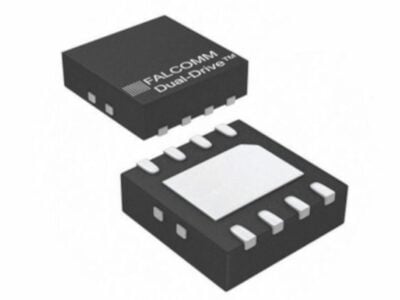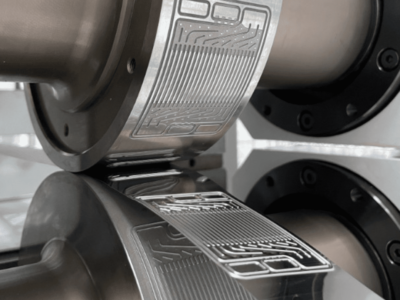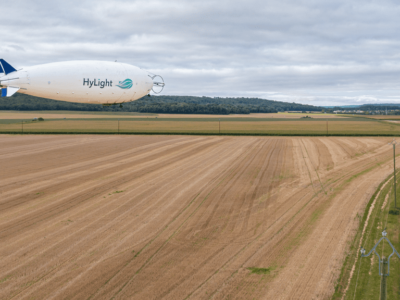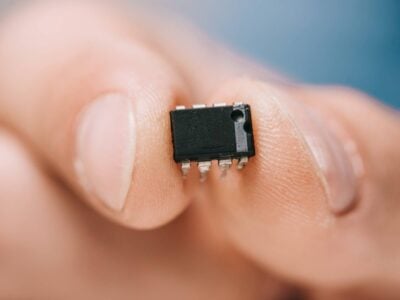
Fuel cell vehicles unlikely to become competitive soon, expert says
Fuel cells are played by automotive OEMs as a technology to overcome the limited driving range of electric vehicles – they open a perspective to much longer range than the usual lithium-ion batteries. And though the fuel cell technology is almost mature enough for series deployment – at least according to the abovementioned OEMs – their economical competitiveness greatly depends on their price. This factor however is widely determined by the materials used. "Hitherto, the high production costs for fuel cell systems and the missing infrastructure are preventing their deployment in the mass market", said Roland Berger Strategy Consultants partner Wolfgang Bernhart. "Though we expect these costs to come down significantly over the years ahead, several serious issues need to be resolved before a market breakthrough can be achieved". While the consultant expects the manufacturing costs to drop by as much as 80 % through 2025, this won’t suffice to ensure broad acceptance.
A fuel cell system currently carries a price tag of some 45.000 euros per vehicle. The largest single cost factor in this system is the membrane-electrode assembly (MEA) which transforms hydrogen to electric energy. Currently, platinum plays a crucial role as the catalyser material in this assembly. This noble metal is responsible for the high price. Even in a scenario with a capacity of 300.000 fuel cell vehicles per year, the platinum would contribute more than 70 % of the manufacturing costs. In this scenario, the MEA would still represent a value of 2.500 euros. In an optimized process, leading to a reduced platinum content of just 15 grams per vehicle, the MEA still would cost 1000 euros, which means that it still is the largest cost driver in such as system.
An aggravating factor is the limited availability of the metal; an increased production is believed to be unrealistic, the Roland Berger study says. "In the light of the above, a successful introduction of fuel cell vehicles in the mass market is rather unlikely in the long term, in particular due to the limited platinum availability", concludes Bernhart.
For these reasons, the development of almost platinum-free fuel cells is a research focus for many automotive OEMs and tier ones. Such systems however are far from being ready for series production. "Carmakers should make very focused and controlled use of their R&D budgets to gain a leadership position on the way to a zero-emission vehicle at reasonable effort", Bernhart recommends. The expert is rather sceptical as to the chances that fuel cells ever will overcome its niche existence. "Only if the breakthrough towards platinum-free systems can be achieved, fuel-cell vehicles will have a significant market potential", he says. "For the foreseeable future, battery-based and hybrid powertrains will play the leading role".
Read also
Fuel cell cars on the long march to the market
 If you enjoyed this article, you will like the following ones: don't miss them by subscribing to :
eeNews on Google News
If you enjoyed this article, you will like the following ones: don't miss them by subscribing to :
eeNews on Google News




